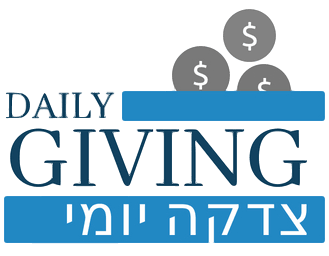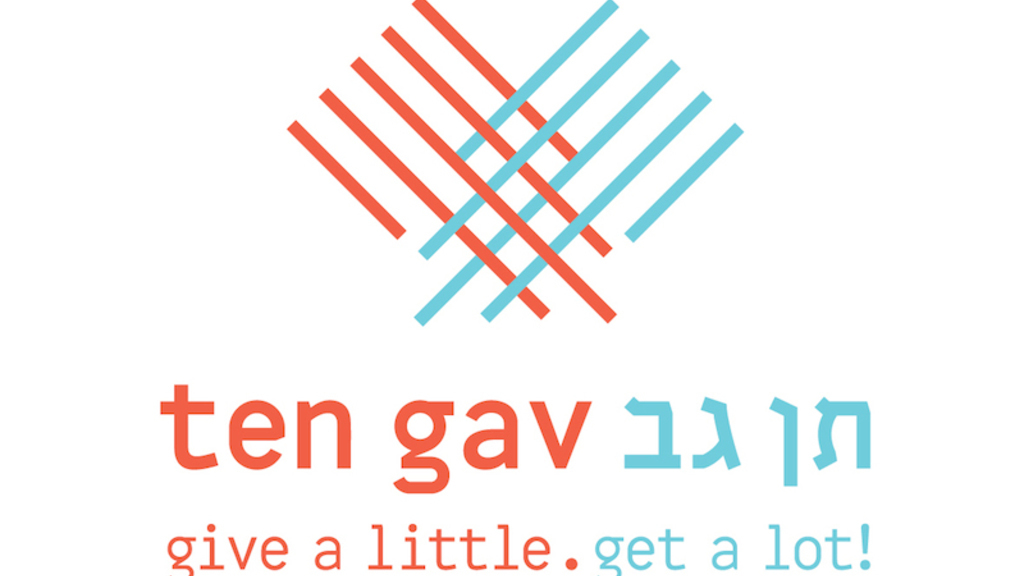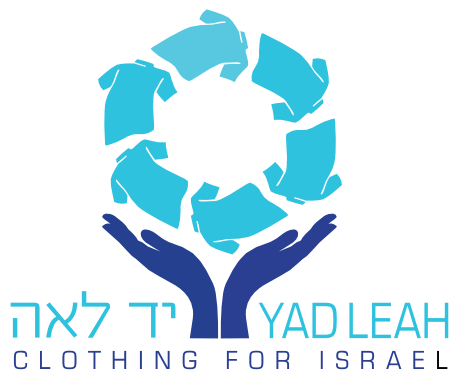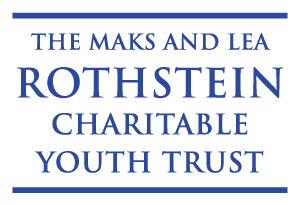Setting Limits
You've just received a formal letter by registered mail: YOU ARE HEREBY INVITED TO AN IMPORTANT EVENT. Feels good, right? Quite significant. But wait! What is this event exactly? Who's organizing it? And where? And at what time? And who's going to be there? And what will they be doing there? And what is the dress code? Without the parameters of this ostensibly dignified event, how can you know? The stately invitation suddenly begins to feel less like an honor and more like an onus.
No limits means no definition. No definition means no order. No order means chaos. Chaos means no anticipating (the Hebrew tohu vavohu originating from wandering aimlessly and staring blankly). Difficulty anticipating leads to deep anxiety.
And that's for us—adults—who ideally have a pretty solid foundation.
For children limits are not only beneficial, they are fundamentally necessary. Ever tried to put together a puzzle without any border pieces? A total nightmare!
Interestingly enough, if deeply troubling, history tells of various kings and a Pharaoh who demonstrated this as early as ancient Egypt 620 BCE. In bizarre attempts to discover "the true language and nature of the universe" these rulers experimented raising children with minimal intervention and no language – all with abominable consequences. The few children to survive suffered miserably.
Limits (up to a limit, ha ha) help us feel reassured, comfortable, secure, confident, and grounded. They enable us to plan, to build, to develop, and to grow.
So how do we provide a secure and predictable environment without squashing our children's joie de vivre and individuality? This has become known as the perpetual boundaries vs. freedom tension in parenting. Here are three principles to help us navigate this challenge:
- Goals. The most important question to ask ourselves is about our goals. What is it that we hope to result from our action/s? Actions usually have more than one consequence, which we can typically fit within three general categories:
- Physical/emotional protection – taking an action in order to directly or indirectly protect a child from physical harm, like cars or fire, or from emotional harm, like exposure to violence or inappropriate content.
- Our relationship – how is my action likely to impact my relationship with this particular child? Will s/he feel safer with me? More trusting? More comfortable? More respectful? More open? Or less so?
- Take-home messages – what lessons do I want this child to internalize when experiencing my actions? About him/herself? About the world? About more effective and less effective behavior? About values?
- Costs. It may also help to consider the costs. Like everything else, our actions come at a certain price. As the saying goes, we have to pick our battles. As we weigh the best way to respond to a situation, it can help to keep in mind at what and whose expense that might be. These costs can also be grouped in three categories:
- Individual costs – how will this child be negatively impacted by my action? Will it physically hurt? Embarrass? Constrain? Disempower? Infantilize?
- Personal costs – how much energy will this take from me? How will that impact my ability to perform my additional duties as a parent, partner, worker, and citizen?
- Family costs – how will this action affect the additional members of the family? What will they learn from seeing my response to this situation?
- Form. Finally, it can often help us to think about the form of our actions. Southerners in the USA are fond of the expression, "there's more than one way to skin a cat." Indeed, often our heart is in the right place but our execution leaves quite a lot to be desired. It can be helpful to take a few seconds to ask ourselves one of these three questions:
- What additional ways are there to respond to this?
- How would my role models handle this?
- When I was a kid how would I have preferred my parents to behave in a situation like this?
As we strive to improve our parenting skills it is important to remember that parenting itself is a developmental process. We will naturally make mistakes on our journey. King Solomon: "For there is not a righteous man upon earth, that doeth good, and sinneth not." (Ecclesiastes 7, 20). Striving to do good, GoCoFo can help us stay the course: Goals, Costs, Form.







